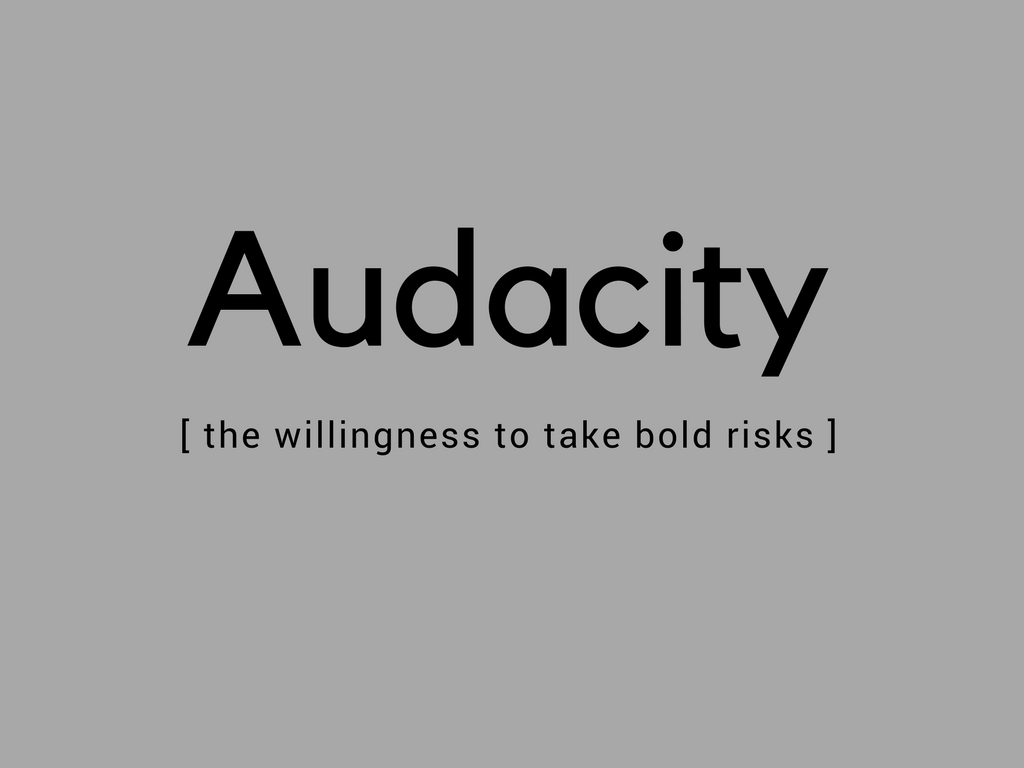If you have explored the ASG website or downloaded any of our hiring tools, you know we hold a very clear stance on identifying talent.
We look for gritty, creative, driven people. Those that regardless of their experience are true leaders with an appetite for learning and mastering their professional skills.
We do this because these are the people who will think differently and have the audacity to take the big risks for the big rewards.
If you don’t think these traits are powerful, think again!
How the wealthiest people in the world got where they are today.
Bill Gates, $86 billion
Bill Gates was 19 years old in his second year at Harvard University studying pre-law when he found himself focusing more on his computer hobby than his drive for his classes. The summer after his second year (1974), he decided to get some professional experience and took a job at Honeywell, but his entire life plan changed after reading an article in January of 1975 about the MITS Altair 8800 new microcomputer. Gates dropped out of Harvard, partnered with his friend Paul Allen, and started Microsoft. Bill Gates had almost no professional experience when he went from college drop out to CEO.
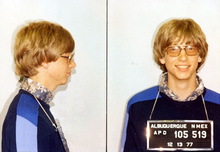
Jeff Bezos, $75.6 billion
Jeff Bezos had worked professionally for 8 years before stepping into the start-up space. His professional experience is substantial compared to Bill Gates, but wouldn’t qualify him for upper-level management that typically has a 10-year min experience. Nonetheless, Jeff Bezos took a chance on himself and started Amazon in 1994. He started with an online bookstore and grew it into a retail powerhouse in ways that continue to shock the world including taking on Netflix with Amazon video and productions, creating Amazon Basics brands, and most recently purchasing Wholefoods to fuel new Amazon Now services. Jeff Bezos is a true visionary and I would gamble has great instincts for hiring truly talented people.
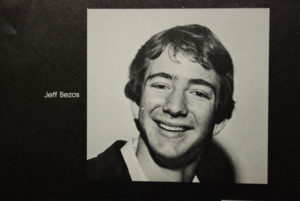
Mark Zuckerberg, $61.4 billion
Mark Zuckerberg loved computer programming as a kid, learning his first coding language in middle school. According to writer Jose Antonio Vargas, “some kids played computer games. Mark created them.” During Mark’s sophmore year at Harvard University, he had the idea of a social website, originally called TheFaceBook. He launched the website from his dorm room only to the student body of Harvard. It was so popular that it crashed the Harvard network switches and the university shut it down. From this point forward, he launched facebook, dropped out, move to California, found investors, and pursued his ideas aggressively. Facebook launched in 2004 and Mark Zuckerberg became an overnight millionaire in 2004. By 2008, Mark became the youngest billionair at the age of 23.
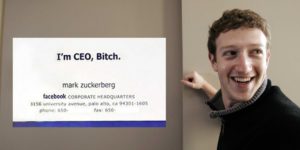
Carlos Slim, $58.1 billion
Carlos Slim began learning about compound interest at the age of 11. He made his first stock purchase at the age of 12. By 15, he was a shareholder in Mexico’s largest bank, and only 4 years out of college, he started the stock brokerage Inversora Bursátil in 1964. In addition, he also began laying the financial groundwork for Grupo Carso. The following year in 1965 he also bought Jarritos del Sur. By 1966 Carlos was worth US$40 million when he founded Inmobiliaria Carso. Carlos’s success isn’t a product of his professional experience, it is a product of his drive, passion, grit, and sheer brilliance when it comes to understanding investments.
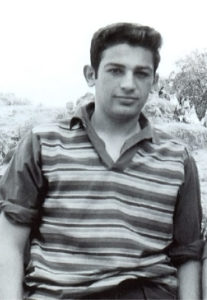
I challenge you to ask yourself if any of the above people applied for a job with your company when they were 19 or 20 years old when they had little to no experience, what would you say to them? Would you even have considered the conversation?
Can you see the person beyond the resume?

